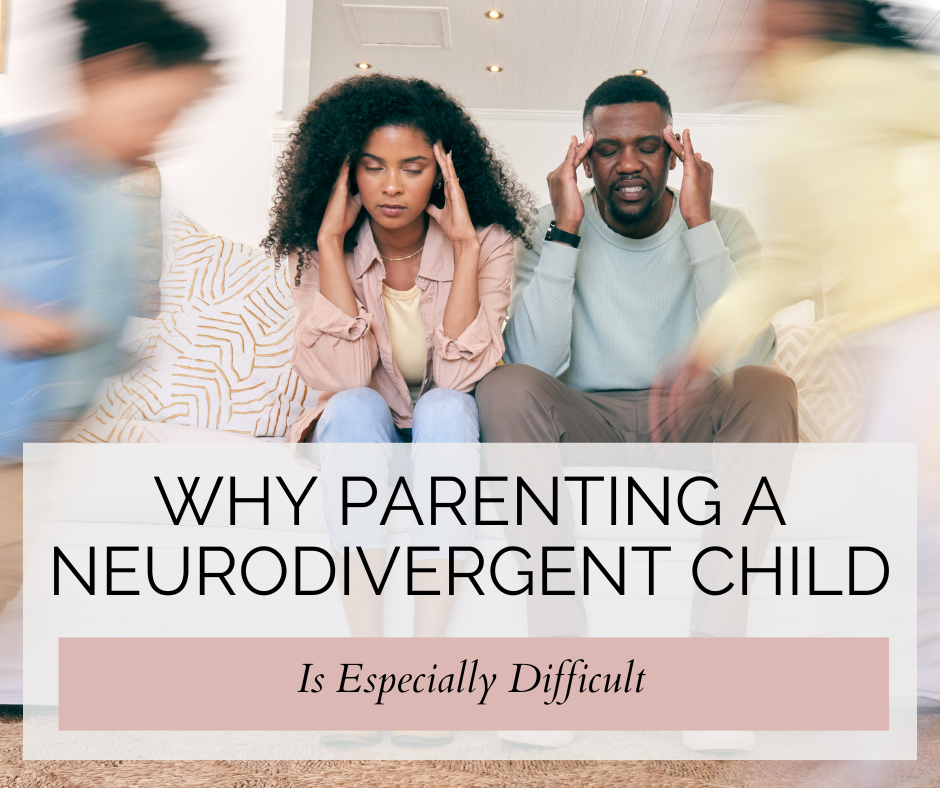Nervous System-Friendly Communication Strategies for Parents of Neurodivergent Teens
- Izabela Doyle
- Sep 14
- 4 min read
How to Reduce Power Struggles and Build Connection
If we’re parenting a neurodivergent teen, we know that communication isn’t always straightforward.
A simple request can turn into a standoff. A question can spark a shutdown. Even “How was your day?” might lead to a door slam.
But here’s what we’re learning: When a teen’s nervous system is in a constant state of alert, even everyday conversations can feel threatening.
Whether our teen is Autistic, ADHD, PDA, or somewhere in between, their communication style is deeply shaped by how safe and regulated they feel.
The good news? There are ways to communicate that work with their brain- not against it.
In this article, we’ll explore 7 nervous system-friendly communication strategies that help us connect with our neurodivergent teen without clashing or shutting them down.
What Makes Communication Hard for Neurodivergent Teens?
Neurodivergent teens often face challenges that affect their ability to process, respond to, and engage in conversations- especially when:
They feel a lack of control
They’re emotionally overloaded
They experience anxiety or sensory overwhelm
There’s an unspoken expectation or urgency in our tone
For teens with a PDA profile (Pathological Demand Avoidance), even the suggestion of a request can trigger resistance or withdrawal. For teens with ADHD, difficulty with impulse control, attention, and emotional regulation can make conversations unpredictable. For autistic teens, communication overload or unclear expectations can cause shutdowns or outbursts.
That’s why traditional parenting strategies- like nagging, correcting, or “just explaining”- often backfire.
So what does work?
Let’s dive into communication strategies for parents of neurodivergent teens that help soothe their nervous system and preserve connection.

Communication Strategies for parents of Neurodivergent Teens
Use Observations Instead of Instructions
Instead of saying:
“You need to tidy your room.”
“Please start your homework now.”
We can try:
“I noticed your clothes are piling up on the floor.”
“It looks like your schoolwork is still on the table- what’s your plan?”
This shift from directive to declarative language helps reduce pressure. It creates space for our teen to respond without feeling pushed or controlled- especially important for teens with PDA or those who struggle with executive function skills.
Regulate Ourselves First
Our own nervous system plays a big role in how our teen responds. If we’re tense, stressed, or impatient, they’ll feel it- whether we say it or not.
Before we speak:
Take a breath
Slow our tone
Check our body language
Even naming it can help:
“I’m feeling a bit rushed, and I don’t want that to affect how I talk to you.”
When we stay calm, we model emotional regulation- and give our teen a regulated space to meet us in.
3. Reflect, Don’t React
Many neurodivergent teens- especially those with ADHD or autism- get labelled as rude, oppositional, or lazy.
But beneath the surface, there’s often:
Anxiety about getting things wrong
Shame from past misunderstandings
Sensory or emotional overload
So when they snap or resist, we can try to reflect instead of react:
“Why are you being so rude?”
Try:
“That sounded like something felt really unfair just now.”
“You seem really overwhelmed. Want to take a moment?”
Reflecting the feeling instead of correcting the tone reduces defensiveness and builds trust.
Ditch the Urgency
Time pressure is one of the biggest nervous system triggers- especially for teens with demand avoidance, anxiety, or processing delays.
Instead of:
“Hurry up, we’re late!”
Try:
“I’m getting my shoes on now. Let me know what would help you feel ready.”
“We’ve got 20 minutes. What do you need before we head out?”
Letting our teen pace themselves helps reduce panic and shutdowns.
Go Easy on the Questions
Many of us were taught to ask questions to show interest. But for some neurodivergent teens, especially those with PDA or sensory processing differences, questions can feel like demands- or even interrogations.
Especially avoid:
“Why did you do that?”
“What were you thinking?”
“Can you explain?”
Instead, try statements:
"That didn’t go how we expected- want to figure it out together?”
“Something felt off for you there. Let me know if you want to talk.”
We stay curious- but we don’t push. That creates space for real dialogue to emerge.
Lean Into Non-Verbal Support
When words are too much, presence matters more.
Instead of trying to fix the situation with logic, we can:
Sit nearby in silence
Offer a snack, fidget, or weighted blanket
Hum, rock, or just breathe with them
This tells our teen:
“I’m here. I’m not rushing you. You’re safe.”
And sometimes that’s all their nervous system needs to begin settling.
Collaborate Without Overwhelming
Neurodivergent teens want autonomy- but too many choices can feel overwhelming. So instead of handing over the reins entirely, we offer guided collaboration.
Try:
“There are two ways we could do this- do you have a preference?”
“Would it help to do it now or after a break?”
By offering limited, safe choices, we give them a sense of control without adding decision fatigue.
Use this in your blog tags: “collaborative communication neurodivergent teens”
Final Thoughts: We’re All Learning How to Connect
If we’ve ever walked away from a conversation thinking, “Why did that go so badly?”- we’re not alone.
Parenting a neurodivergent teen means we’re often decoding unspoken needs, managing our own reactions, and rewriting the rulebook on what communication should look like.
But here’s the truth:
Our teen isn’t broken.
We’re not bad parents.
We’re both navigating a world that wasn’t designed with neurodivergence in mind.
And when we learn to communicate in a way that respects the nervous system, we stop managing behaviour- and start building connection.
Want More Support?
You might also enjoy:
Or book your FREE Proactive Parenting Breakthrough call HERE
_edited.png)



Comments